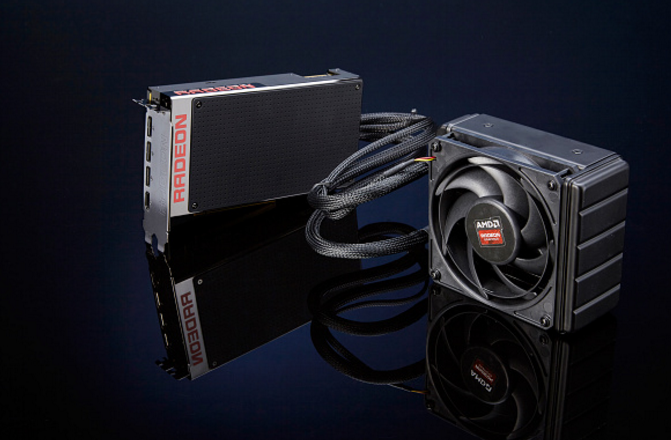The AMD Radeon RX 480 video card is now out. Although primarily promoted to gamers, the GPU card also appeals to graphic artists working on photo and video editing, as well as virtual reality scenes.
The advent of mobile phones and devices has certainly reduced the dependence of many IT workers on the PC desktop. However, there are still a substantial number of people who currently use this reliable workstation, according to a Forbes. Many of them include graphic artists, video editors and others who work on graphic intensive programs like virtual reality. A likely number are looking for a long overdue video card upgrade.
The AMD Radeon RX 480 utilizes the touted Polaris GPU. The manufacturer claims that their new video card can process current video and graphic intensive requirements much faster. The RX 480 also takes much of the heavy graphic computing load from the CPU.
Much of the heavy offload computing can be accomplished with the help of Application Program Interfaces (API) of Window Direct X as well as OpenCL. AMD Radeon RX 480 uses the proprietary FreeSync technology and is capable of supporting virtual super resolution.
AMD is focused on marketing Radeon RX 480 primarily to gamers, but it can also be used for work as well as play. Desktop users looking for a medium priced video card should give the RX 480 a try.
The RX 480 video card is currently the 4th generation of the GCN architecture, wherein it has 36 compute units and 2304 steam processors. Peak performances can achieve 5.8 TFLOPS which is not bad. RX 480's base clock speed is running at 1120 MHz with a boost speed of 1266 MHz, while its effective memory can run for at least 7 gigabits per second (Gbps) and its lowest memory bandwidth is around 224GB.
RX 480 supports HDMI version 2, and since the display port currently supports the HBR 1.3, it's quite ready for HDR 1.4. It has a GDDR5 memory and an interface of 256 bits, while power consumption is estimated to be around 150 watts.
The AMD Radeon RX 480 for the PC model is currently available for $240.



























